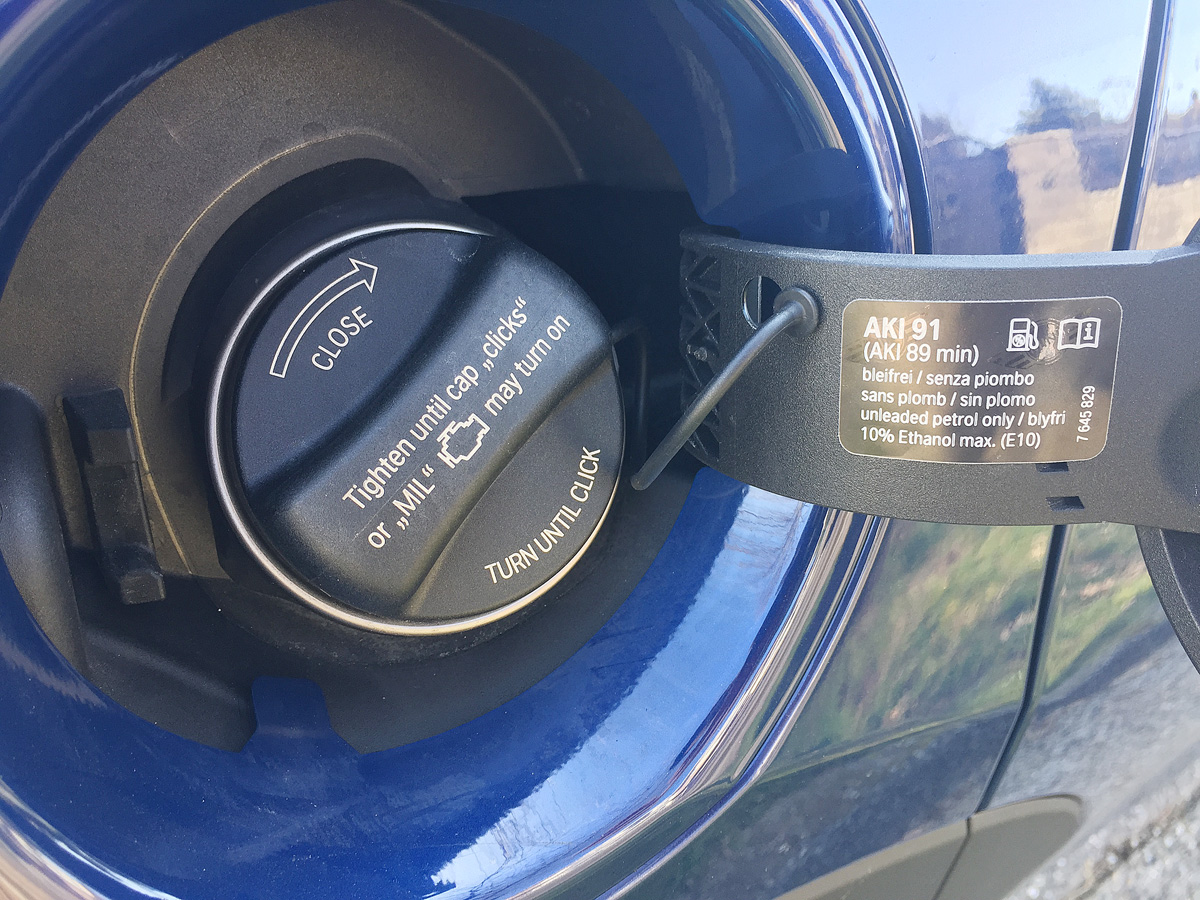Regular vs. premium gas — which octane is right for you?

The cost of gasoline is all but predictable these days. Even though the cost of crude oil crashed and burned a couple of months ago, prices at the pump have recently stabilized again. One of the biggest things customers can do to keep cash in their pocket is analyze whether they’re buying the right grade of fuel.
Regular vs. mid-grade vs. premium
Most Canadian gas stations carry three main octanes of fuel: 87, 89 and 91/92. These ratings measure performance, and a higher number means the fuel can withstand more compression without igniting. In a standard combustion engine, air is mixed with the fuel before being compressed and then ignited by a spark plug.
Things can get tricky for motors that are tuned for higher performance, such as ones used in sports or some luxury vehicles. The fuel used may be subject to higher compression or temperatures, and a lower octane gasoline could prematurely detonate causing what is commonly referred to as “pinging” or “knocking.” This is in reference to the sound heard when you step on the throttle and premature ignition is taking place inside the engine’s cylinder.
Pick your octane
The first thing you should do is consult your owner’s manual, or sometimes the fuel cap or lid, to see what the manufacturer suggests. Despite a common urban myth, using a grade of gasoline higher than what is recommended will not give your car extra performance or clean out your engine. The only difference between premium fuel and others is a slightly different chemical mixture making it less prone to the premature ignition discussed earlier.
Nothing bad will happen if you decide go that route, besides making your wallet lighter. On the other hand, repeatedly using a lower grade than what is designed for your model can potentially cause damage or, at the very least, make the vehicle slower. Let’s take a Porsche Macan for example. Porsche recommends 91 octane — using a lower octane might not necessarily cause the small crossover to explode, but performance will certainly be inhibited.
Modern marvels
Automobiles made nowadays are equipped with all kinds of fancy sensors and mechanisms to detect knocking and prevent much of the undesired detonation from using a lower grade of gasoline. That said, if, using the Porsche Macan example, 87 is fed, the motor won’t be able to perform as intended and acceleration will feel slower.
Sensors can also only do so much, and under high duress, like with the pedal mashed to the floor, engine knocking can still occur which can wear out delicate components over time.
Bottom line
Follow your manufacturers advice and fill your car with the appropriate gas. If premium isn’t required, save yourself some dollars and use regular. On the flip side, if you drive a higher-end vehicle that calls for something like 91, it may be more prudent and cost-effective in the long run to make that little extra bit of investment.

